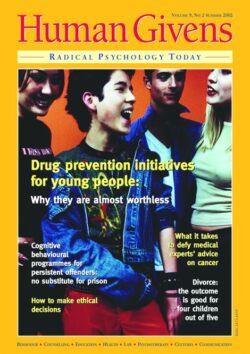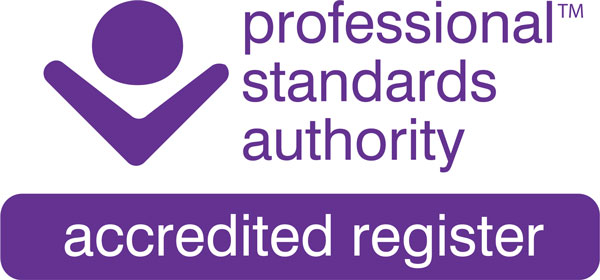Why abstractions confuse people
Most people think ethics is concerned with truth, justice, equality, loyalty, fairness, values, principles, morals, etc. All these words in italics are abstractions. They are content free. They contain no sensory information. Such words used to be called ‘reifications’ in philosophy and are now more commonly called ‘nominalisations’: the term used in linguistics for an abstract noun usually produced by converting a verb into a noun.
For instance, when the process of enlightening somebody about something is turned into enlightenment it becomes an abstraction, just pretending to be something concrete. All such words lack specific, essential information; namely who is doing precisely what to whom.
The problem is that, because these words mean nothing in themselves, they are always going to mean different things to different people. We may think we understand the need, ethically speaking, to have principles, but it is dangerous to assume we hold principles in common. One person might believe, for instance, that seniority takes precedence over youth, while another holds that ability takes precedence over age.
Because nominalisations are abstractions, and therefore content free, we have to fill in the missing gaps in the information ourselves. Our brain, as a pattern-matching organ, is forced to search its memories to identify from its own experiences what it believes to be the meaning that gives reality to these words. If, for example, a politician says, “I am going to put more resources into education”, everyone will tend to applaud and support him. But putting resources into education may mean something quite different to every teacher, child or parent. They will each unconsciously go on an inner search to assign a personal meaning to these abstractions.
 One person might think the politician means that he is going to instigate research into the best way to educate children. Others might think he is going to pay teachers more; or build better schools; or reduce class sizes; or make schools safer; or have more exams; or have fewer exams; or improve the curriculum; or train teachers better, and so on. The politician tries to win support and credit by using these abstract terms to appeal to the different individual concerns of all those listening. He is creating an illusion. For he has not promised anything specific at all. It is impossible to ‘supply’, ‘give’ or ‘input’ an abstract noun like education. What we actually do is educate. And what people are educated about, why, how, where and by whom, are the questions that must be addressed.
One person might think the politician means that he is going to instigate research into the best way to educate children. Others might think he is going to pay teachers more; or build better schools; or reduce class sizes; or make schools safer; or have more exams; or have fewer exams; or improve the curriculum; or train teachers better, and so on. The politician tries to win support and credit by using these abstract terms to appeal to the different individual concerns of all those listening. He is creating an illusion. For he has not promised anything specific at all. It is impossible to ‘supply’, ‘give’ or ‘input’ an abstract noun like education. What we actually do is educate. And what people are educated about, why, how, where and by whom, are the questions that must be addressed.
To deal with nominalisations, the first requirement is to learn to spot them. We can tell if a word is an abstract noun by asking ourselves, “Can I pick this up and carry it away?”, or “can I touch it or feel it or see it?” or “can I buy this off the shelf?” In other words, does it have some kind of substance? If it doesn’t, it is a nominalisation.
Secondly, we need to challenge them. This can be simply done by turning them back into the verbs they came from. For instance, if a boss says, “My expectations must be met”, we are more likely to be able to do so if we find out exactly what it is that he or she expects, rather than acting on our own assumptions of what the expectations might be. If someone tells us they are full of anger, we have no real idea of their experience at all unless we ask, “What exactly is making you angry?” (People do not have anger. It is not a substance in them like blood. In the same way, people do not have depression or fear. They are depressed by something or afraid of something.)
Because there are no precise, commonly shared perceptions about the meaning of this class of abstract words, they readily confuse us and make us vulnerable to self deception and manipulation. That is why they are beloved of politicians, preachers and anyone else with an ideology to promote.

IVAN TYRRELL is an experienced psychotherapist. He teaches effective counselling skills at Human Givens College, was a founding member of the European Therapy Studies Institute (ETSI) and co-developer of the human givens approach. He is a Fellow of the Human Givens Institute.

This is an updated version of the article which first appeared in the Human Givens Journal – Vol 9, No. 2: 2002
Back issues available – each issue of the HG Journal is jam-packed with thought-provoking articles, interviews, case histories, news, research findings, book reviews and more, with no advertising. If you find the articles, case histories and interviews on this website helpful, and would like to support the human givens approach, you can buy a back issue today, they’re available in PDF and print format.

